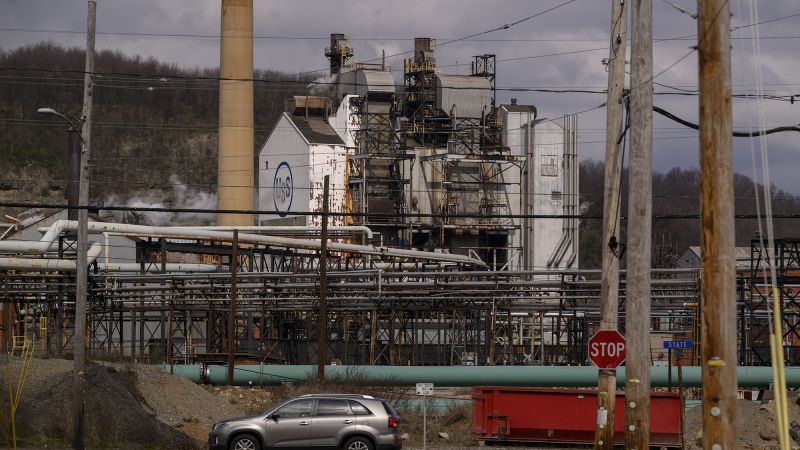US Steel shareholders are set to approve a deal for the company to be purchased by Japan’s Nippon Steel, but the outlook for the merger has never been worse. The deal is crucial not only for the US steel industry but also for the political and diplomatic relations between the US and Japan. The $14 billion deal requires approval from the Justice Department and the Committee on Foreign Investment in the United States, but facing opposition from President Biden and other politicians, it is unlikely to be approved.
Opposition from Biden and other politicians, both Republicans and Democrats, has made it difficult for the deal to go through. Biden has publicly stated the importance of maintaining strong American steel companies powered by American steelworkers. Japanese Prime Minister Kishida and Biden have avoided discussing the deal, emphasizing the importance of the relationship between the two countries beyond a single commercial transaction. A senior administration official stated that the deal’s opposition should not harm US-Japan relations.
The USW’s opposition to the deal, along with Biden’s promise to support American steelworkers, has resulted in Biden’s decision to speak out against the deal. Other politicians, including Republicans, have also criticized the deal, claiming that US Steel misled shareholders by not accurately portraying the political obstacles and regulatory risks the merger faces. US Steel stock plunged after Biden’s comment, making shareholder approval a virtual certainty, even if the deal is eventually blocked.
The nation’s automakers favor the Nippon-US Steel deal over a potential Cleveland Cliffs-US Steel deal due to concerns of a single company controlling a significant portion of steel used in vehicles. Nucor, another major American steel company, uses electric furnaces to make steel, but it is not able to produce the quality of steel needed by the auto industry. US Steel has its own electric furnaces, which are valued highly in the deal with Nippon, causing fear among the union that the deal could lead to plant closures and job losses.
Despite opposition and uncertainty surrounding the deal, US Steel remains hopeful that it will be approved and closed. The company assures that there will be no job losses or plant closures as a result of the merger. However, the USW remains skeptical of the commitments made by both companies, citing a lack of trust in their promises. National security concerns related to the loss of American steelmaking capabilities are legitimate, and the union, along with Cleveland Cliffs, has significant leverage in opposing the deal due to the implications it has on various industries and workers in the US.
In consideration of the impact on national security and the importance of maintaining a strong American steel industry, the opposition to the Nippon-US Steel deal from President Biden, the USW, and other politicians is driven by concerns beyond the financial aspects of the merger. The deal’s uncertain future reflects broader issues in the steel industry and the political landscape surrounding the relationship between the US and Japan. As the deal faces challenges from various stakeholders, the ultimate decision on its approval will have wide-reaching implications for the economy, national security, and diplomatic relations.













